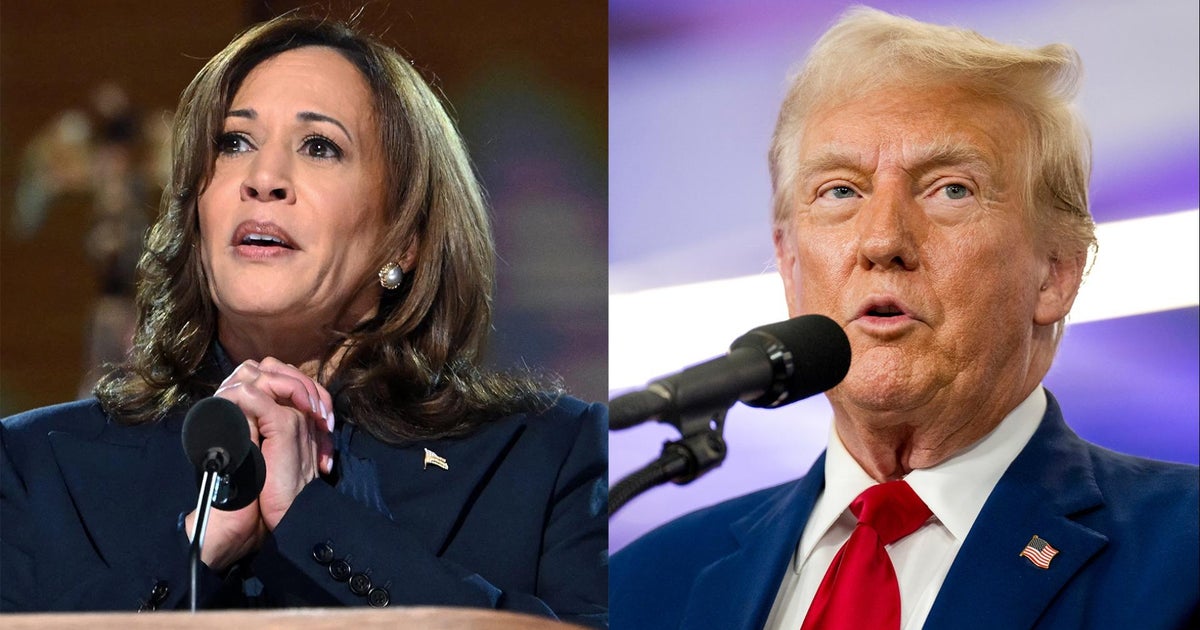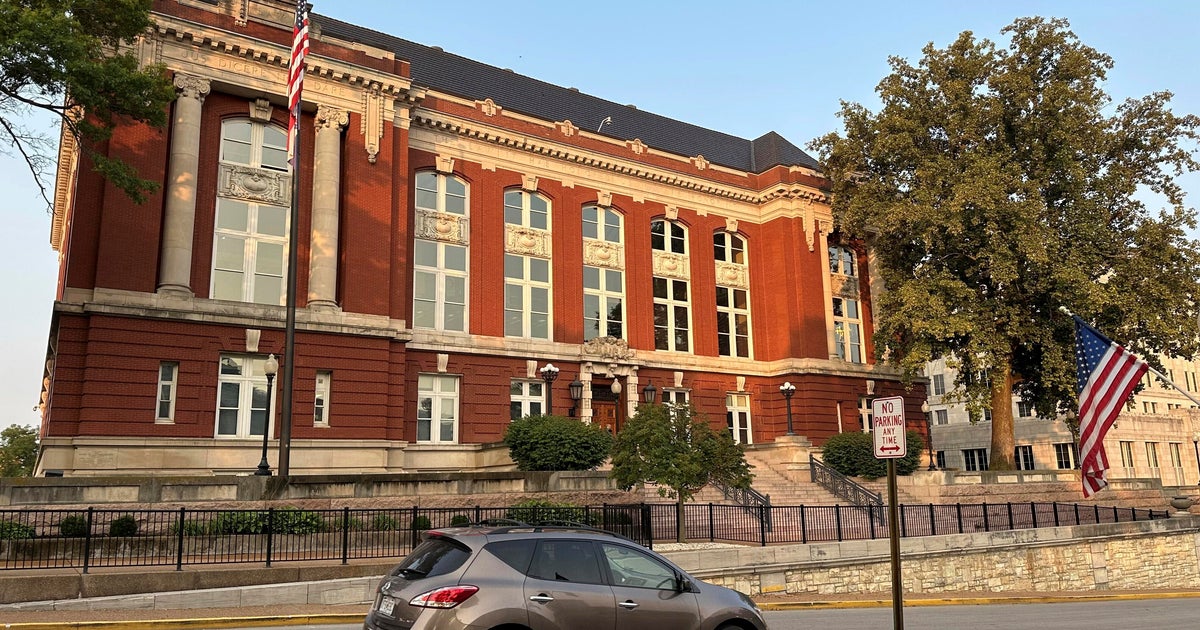Washington — Israeli Prime Minister Benjamin Netanyahu said Monday he will not send a delegation to Washington after the U.S. refused to veto a United Nations Security Council resolution calling for an immediate cease-fire in Gaza.
The Security Council passed the resolution on Monday that called for a cease-fire during the Muslim holy month of Ramadan, which ends in two weeks. The resolution also demands the unconditional release of the remaining hostages that have been held captive since the Oct. 7 terror attack by Hamas.
The U.S. abstained from the vote, which Netanyahu’s office said was a “clear retreat from the consistent position of the U.S.” since the start of the Israel-Hamas war.
“This withdrawal hurts both the war effort and the effort to release the hostages, because it gives Hamas hope that international pressure will allow them to accept a cease-fire without the release of our hostages,” Netanyahu’s office said.
Netanyahu made it clear to the U.S. on Sunday that he would not send the delegation to the U.S. to discuss the Israeli military’s plans for an operation in Rafah without the veto, according to his office.
State Department spokesman Matthew Miller said Israel’s statement was “surprising and unfortunate.”
The U.S. had concerns about the resolution because it did not condemn the terrorist attack, but did not veto it because its call for a cease-fire and the release of hostages is consistent with U.S. policy, Miller said, calling the resolution “non-binding.”
White House spokesman John Kirby called the cancelation “disappointing” and said the U.S. was “perplexed by this” because the U.S. abstention “does not represent a shift in our policy.”
“The prime minister’s office seems to be indicating through public statements that we somehow changed here. We haven’t, and we get to decide what our policy is,” Kirby said. “It seems like the prime minister’s office is choosing to create a perception of daylight here when they don’t need to do that.”
Kirby said the U.S. still supports Israel and is providing weapons systems and other capabilities for the country to defend itself.
The rift has added to growing tensions between the longtime allies over Rafah, a city near Egypt’s border where more than 1 million displaced Palestinians are estimated to have taken refuge after fleeing fighting elsewhere in Gaza.
The Biden administration has supported Israel’s right to defend itself in response to the terrorist attack, but has become more critical of Netanyahu’s government amid a humanitarian crisis in Gaza and has urged restraint in Rafah. Israel says it needs to proceed with its Rafah operation to destroy the remaining Hamas battalions there.
“We don’t believe that a major ground operation in Rafah is the right course of action, particularly when you have a million and a half people there seeking refuge, and no conceived plan, no verifiable plan to take care of them,” Kirby said. “We’ve been very consistent on that.”
Israeli Defense Minister Yoav Gallant is still visiting Washington this week to meet with Secretary of State Antony Blinken, Defense Secretary Lloyd Austin and national security adviser Jake Sullivan, but those meetings are separate from those with the now-canceled delegation, Kirby said.
Sara Cook contributed reporting.



